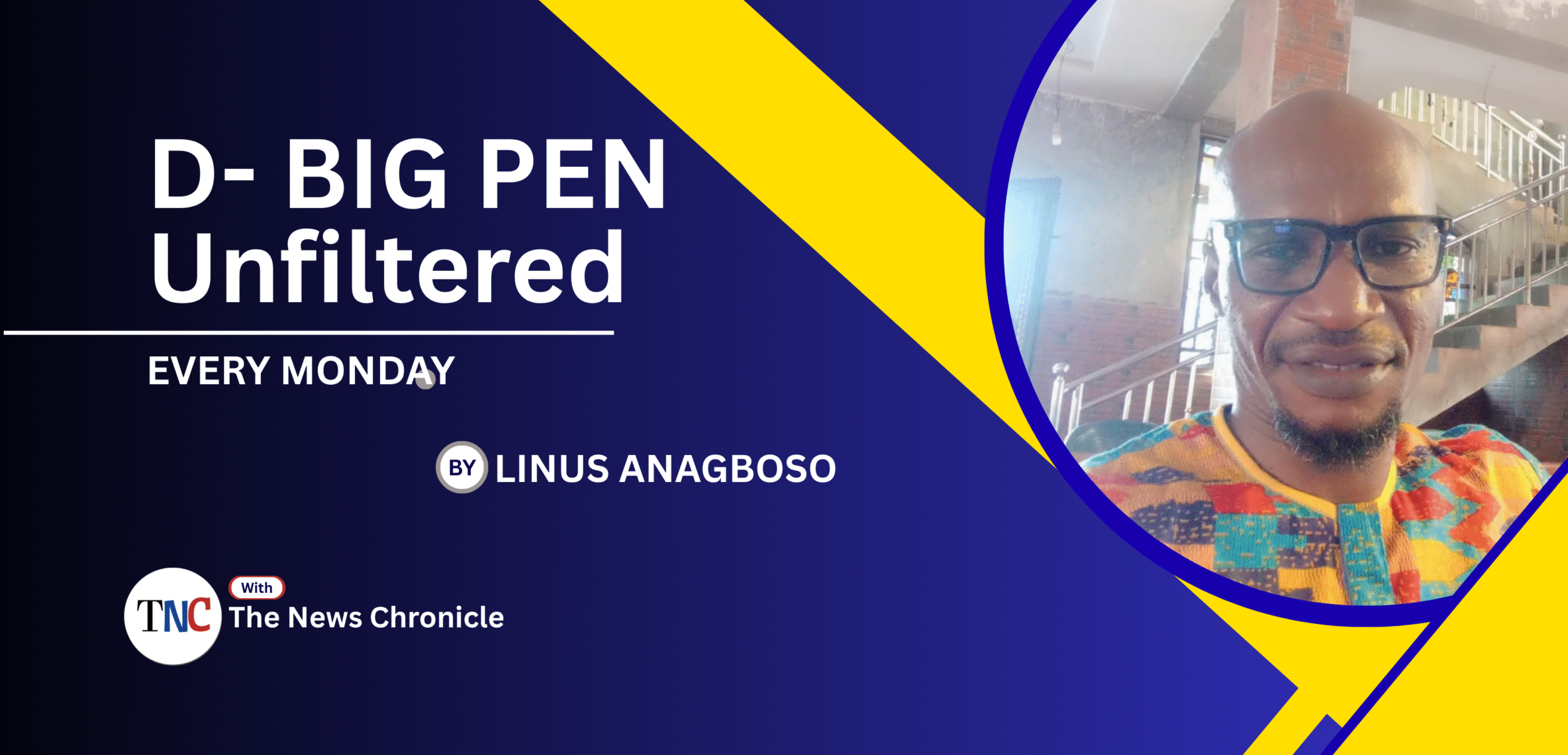In Lagos, land carries more than value; it carries memory. Every plot tells a story, every shoreline whispers of ancestors who fought to preserve identity, community, and dignity. So when news spread that Zenco Properties had purchased a vast expanse of Otumara land at Costain, hearts stirred, and voices rose.
Major General Tajudeen Olanrewaju (rtd) spoke with conviction and sorrow. He reminded Lagosians that these lands are not mere investments—they are living symbols of history. He questioned the sale by the Oloto of Oto, Oba Muh’ Bashir Abisoye Odesanya, urging a reconsideration to protect the heritage of generations yet unborn. To him, the stakes were higher than money; they were the story of a people.
Yet, as often happens, rumor and fact became entangled. Zenco Properties stepped forward to clarify: no purchase had occurred. The company stated publicly that there was no transaction with the Oloto family or Lagos State. What exists, instead, is a planned joint venture—a partnership to develop and improve infrastructure on land that remains under the stewardship of the Oloto family.
Even as facts clarify, the broader reality is unmistakable. The Ilaje-Otumara community, long settled along that lagoon-front, has suffered displacement. Homes were demolished, families uprooted, lives unsettled. Development, progress, and economic gain have collided with human stories of belonging and home.
This moment is not simply about Zenco or the Oloto; it is about Lagos itself. It asks the city to reflect on who benefits from development, who is heard in decisions, and how heritage is respected. It reminds us that progress cannot come at the cost of erasing the traces of those who came before.
Lagos continues to grow, to change, to attract opportunity. But in the midst of transformation, the city must pause to ask: How do we honor history while embracing the future? How do we ensure that development is not just ownership of land, but stewardship of memory and community?
In the story of Otumara, there are no villains or heroes—only a city negotiating with its past and its present, trying to find balance. And perhaps, in that search, there is a lesson for all of us: that true prosperity is measured not merely in wealth, but in the care with which we preserve what makes us who we are.



